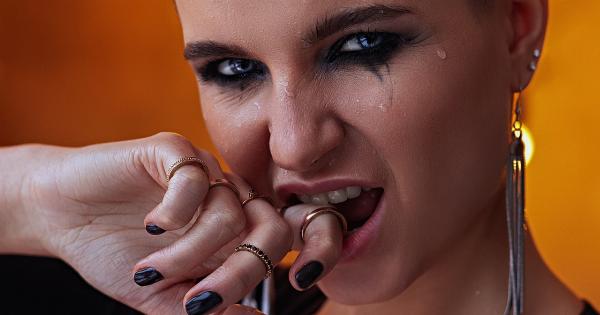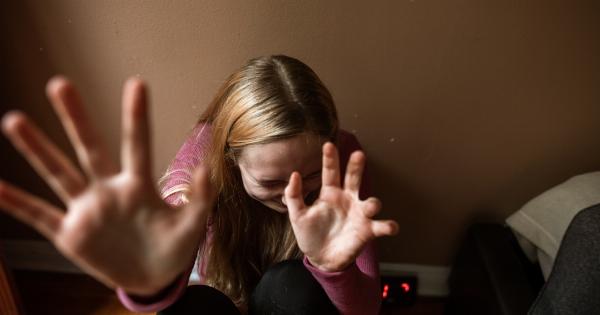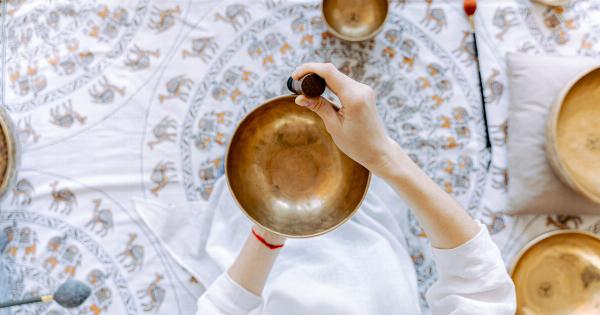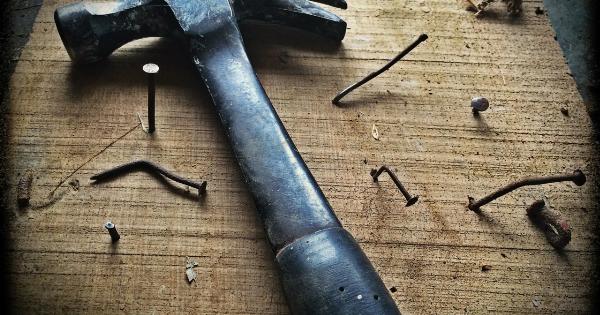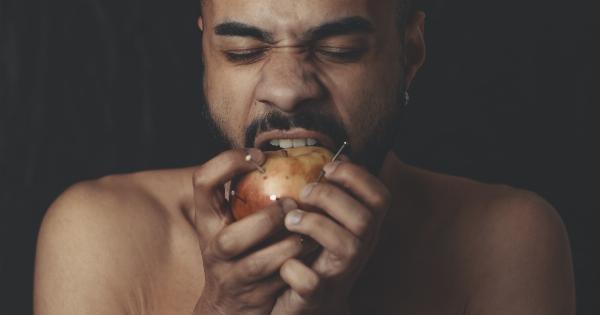Nail biting, also known as onychophagia, is a habit that affects people of all ages. It is the act of biting or chewing the nails and the surrounding skin. Nail biting is not only a bad habit, it is also considered a stress-related behavior.
In this article, we will explore the hidden messages behind this habit and how you can overcome it.
What is Nail Biting?
As mentioned earlier, nail biting is the habit of biting or chewing the nails and the surrounding skin. It is also known as onychophagia. This habit is considered a psychological condition and is linked to anxiety, stress, and boredom.
Nail biting can affect any person, regardless of age, gender, or occupation. It is estimated that about 30% of people bite their nails at some point in their lives.
The Causes of Nail Biting
Nail biting is not just a bad habit; it often has an underlying cause. Some of the common causes of nail biting include:.
- Stress and Anxiety: Nail biting is often a coping mechanism for people who are stressed, anxious, or nervous. It distracts them from their worries and helps them feel more relaxed.
- Boredom and Inactivity: Nail biting can also be a result of boredom or inactivity. It is a mindless habit that people engage in when they don’t have anything else to do.
- Perfectionism: Nail biting can also be the result of perfectionism. People who are perfectionists tend to bite their nails as a way of relieving stress when they feel like they have failed to meet their high standards.
- Heredity: Some studies suggest that nail biting can be hereditary. It is believed that children whose parents bite their nails are more likely to develop this habit themselves.
Why is Nail Biting Harmful?
Nail biting is not just unsightly, it is also harmful to your health. Here are some of the reasons why:.
- Germs and Bacteria: Your nails and the surrounding skin are full of germs and bacteria. When you bite your nails, these germs and bacteria can enter your mouth and cause infections.
- Dental Problems: Nail biting can cause dental problems such as tooth decay, misalignment, and cracked or broken teeth.
- Skin Problems: Nail biting can cause skin problems such as infections, hangnails, and bleeding around the nail bed.
- Emotional Issues: Nail biting can also have emotional consequences. It can cause feelings of shame, embarrassment, and low self-esteem.
How to Stop Nail Biting?
If you are a nail biter and want to stop, there are several things you can do. Here are some tips:.
- Identify Triggers: Try to identify the triggers that make you bite your nails. Is it stress, boredom, or something else? Once you are aware of your triggers, you can take steps to avoid them.
- Substitute Behaviors: Find a substitute behavior to replace nail biting. For example, you can chew gum, squeeze a stress ball, or play with a fidget toy.
- Use Bitter Nail Polish: Use a bitter nail polish that tastes bad. This will make you stop biting your nails as soon as you put them in your mouth.
- Keep Your Nails Short: Keep your nails short so that you have less to bite. You can also file them regularly to keep them smooth and prevent jagged edges.
- Reward Yourself: Reward yourself for not biting your nails. This will motivate you to continue the habit of not biting your nails.
The Hidden Messages Behind Nail Biting
Nail biting is not just a bad habit; it can also reveal a lot about your personality and emotions. Here are some of the hidden messages behind nail biting:.
- Stress: As mentioned earlier, nail biting is often a coping mechanism for people who are stressed or anxious. If you find yourself biting your nails frequently, it may be a sign that you are under a lot of stress.
- Perfectionism: If you are a perfectionist, you may be more likely to bite your nails as a way of dealing with stress and anxiety. You may also have unrealistic expectations of yourself and be afraid of failure.
- Boredom: Nail biting can also be a result of boredom or inactivity. If you find yourself biting your nails when you have nothing else to do, it may be a sign that you need more stimulation in your life.
- Low Self-Esteem: Nail biting can also be a sign of low self-esteem. If you feel insecure or inadequate, you may bite your nails as a way of coping with these feelings.
Conclusion:
Nail biting is a common habit that affects people of all ages. It is often a result of stress, anxiety, boredom, or perfectionism. Nail biting is not just unsightly; it is also harmful to your health.
If you are a nail biter and want to stop, there are several things you can do. By identifying your triggers, finding substitute behaviors, and rewarding yourself for not biting your nails, you can break the habit and improve your health and self-esteem.
Remember, nail biting is not just a bad habit; it can also reveal a lot about your personality and emotions.

